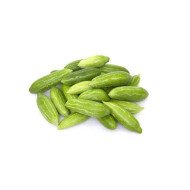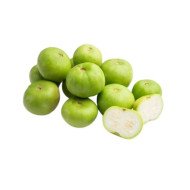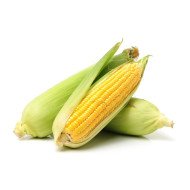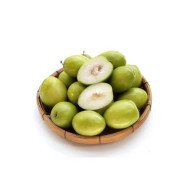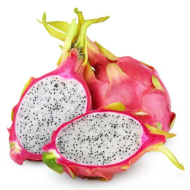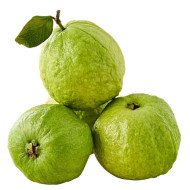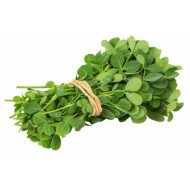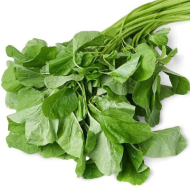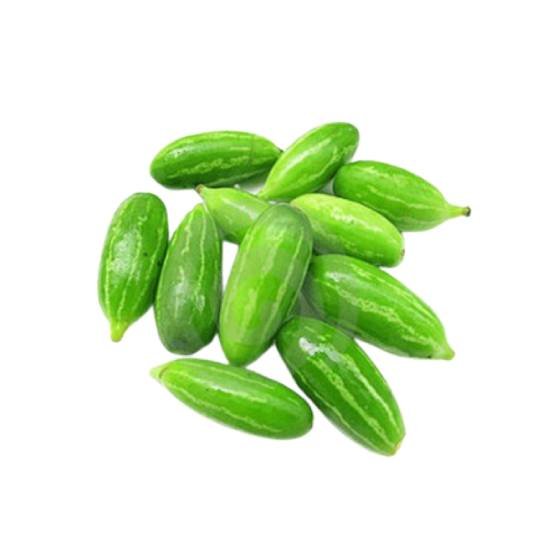
Description:
Coccinia fruits are small, typically elongated, and range in colour from green to red when ripe. They resemble miniature cucumbers or gherkins in appearance and have a slightly crunchy texture with a mild, slightly bitter taste. The plant itself is a vigorous climber, often grown for its edible fruits and ornamental foliage.
Nutritional Benefits:
Vitamins and Minerals: Coccinia fruits are rich in essential vitamins such as vitamin A, vitamin C, and vitamin B-complex (including folate). These vitamins play key roles in immune function, vision health, and overall metabolism.
Dietary Fibre: They are a good source of dietary fibre, which promotes digestive health, aids in maintaining a healthy weight, and helps regulate blood sugar levels.
Antioxidants: Coccinia contains antioxidants such as flavonoids and polyphenols, which help protect cells from damage caused by free radicals and may reduce the risk of chronic diseases.
Low Calorie: Coccinia fruits are low in calories and carbohydrates, making them a suitable addition to various diets, including weight management plans.
Culinary Uses: Coccinia is used in various culinary preparations across Asia, particularly in Indian, Thai, and Filipino cuisines. The fruits can be stir-fried, added to curries, pickled, or used in salads. They pair well with spices and herbs and are valued for their crunchy texture and ability to absorb flavours during cooking.


